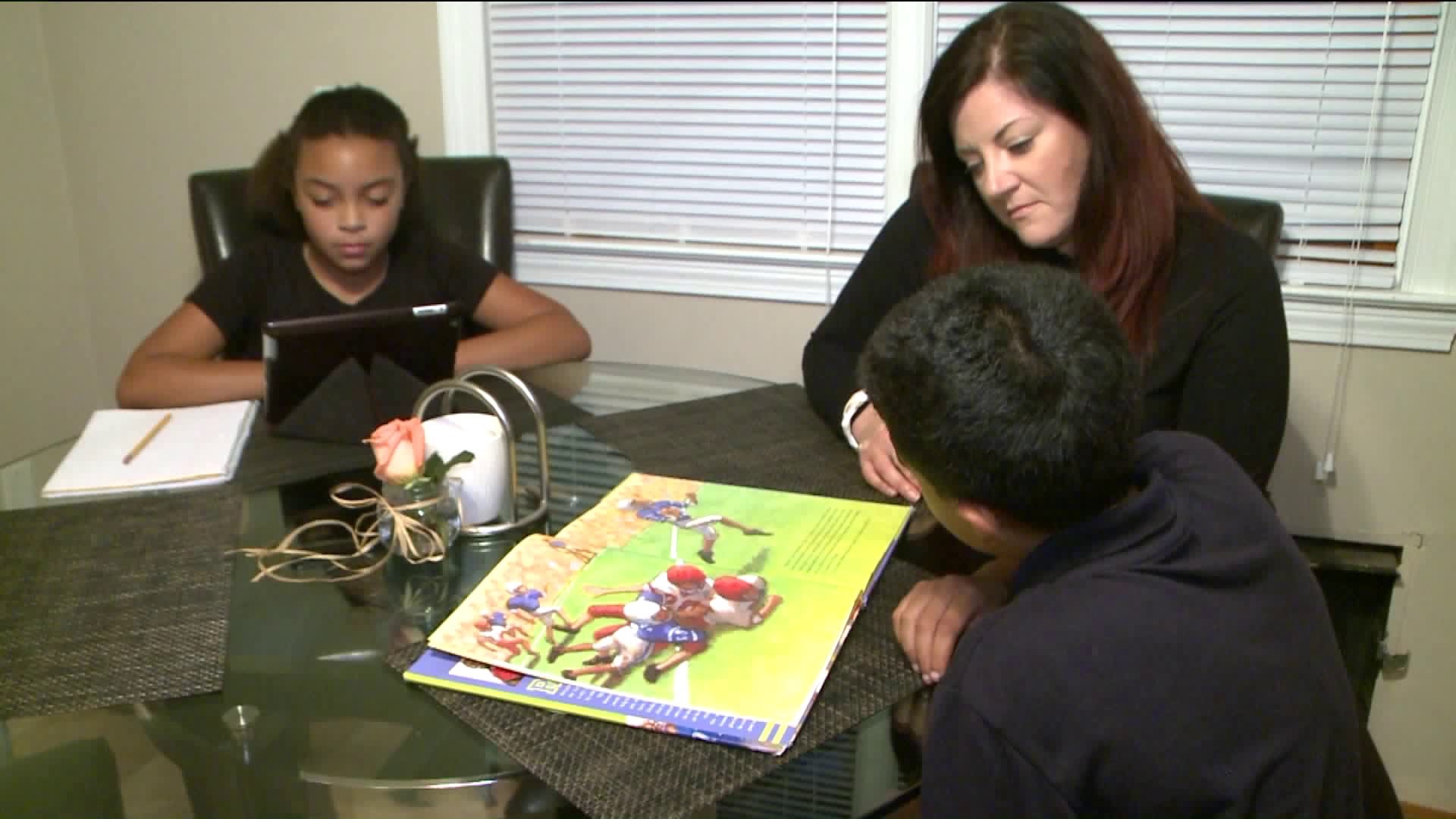MIDDLETOWN -- If you or your child has Attention Deficit Hyperactive Disorder, or ADHD, there's a good chance you're familiar with medication, however there is an alternative way of understanding and treating the disorder that’s gaining popularity in the medical community.
Recently, Tim Lammers went down to Middletown to talk with a doctor about a different way of understanding ADHD, and it's a little more nuanced than just looking at "attention".
11-year-old Rashad Jeffreys had more than just attention problems, although he showed all the classic signs of ADHD. For Rashad, things came to a head in the fifth grade.
"20-25 minutes worth of homework would take three hours," his mother Christine said, "His first report card was all, like, Ds and Fs. Low Fs."
Christine said she agreed to try medication. However when they tried it, he would be good in school but when coming home he'd be tired, his head would hurt, and he wouldn't eat. Nobody wants to see their kid like that."
Rashas was then taken to the Reynolds Clinic in Middletown.
Dr. Robert Reynolds says it's not that there’s anything inherently wrong with medication, it's that "more and more parents are looking for alternatives."
Doctor Reynolds says that what looks like just an attention problem can often be a problem with what's called "executive functions."
Those are different skills people use to manage and organize themselves in order to achieve a goal, and people can have problems with any or all of them. These are skills like:
- Starting tasks, which often leads children to procrastinate
- Focusing or switching between tasks, which often manifests in children getting off course or distracted
- Organization and planning, which can lead a child to forget handing in finished homework, or forget that there even is an assignment
- Emotional self-control, which can lead to outbursts at home.
These are just some examples. In Rashad’s case, he had problems with just about all of them.
“There was a lot of yelling (laughs) and crying on both parts,” Christine said.
“This is why it’s important to identify which of the executive functions needs to be addressed. It’s not all of them,” said Dr. Reynolds.
Tune into FOX61 news at 10 p.m. for part two of understanding ADHD, and an inovative way to treat it.
For more on ADHD:

